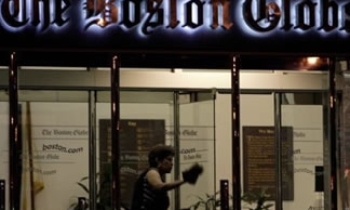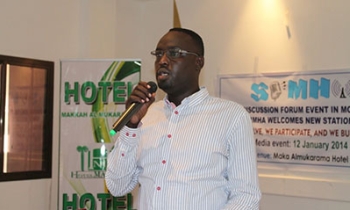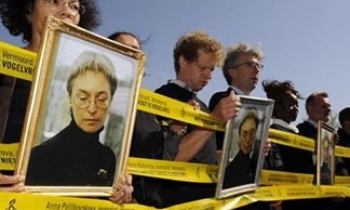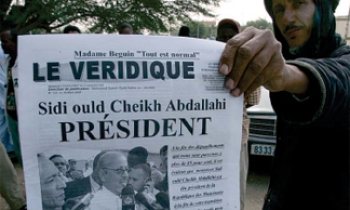NEW YORK (CNN) -- New York Times reporter Judith Miller said Tuesday that she hopes the results of a probe into the leak of a CIA agent's identity will justify the nearly three months she spent in jail for refusing to identify her source.
"If [special prosecutor Patrick Fitzgerald] has a very serious case, then I might have to say that perhaps his zealousness with respect to this mission was justified," Miller told CNN's "Lou Dobbs Tonight."
If Fitzgerald's two-year-old investigation does not result in charges, then "I will wonder about why I had to spend 85 days in jail -- and why I may be the only one to spend time in jail," she said.
Miller did not disclose any details of her testimony before a grand jury Friday, a day after her release from an Alexandria, Virginia, jail.
She was jailed for contempt in July after refusing to testify before that grand jury, which is hearing testimony regarding who revealed to reporters the identity of CIA operative Valerie Plame.
Federal law makes it a crime to deliberately reveal the identity of a CIA operative, and Fitzgerald is trying to determine whether any laws were broken.
The public disclosure of Plame as a CIA operative by syndicated columnist Robert Novak in July 2003 came a week after her husband, former U.S. Ambassador Joseph Wilson, published an article in The New York Times. In it, he cast doubt on a key assertion in the Bush administration's arguments for war with Iraq: that it had sought to purchase uranium for a suspected nuclear weapons program from Africa.
Novak, a longtime CNN contributor, identified Plame as a CIA operative working on counterproliferation issues and cited two "senior administration officials" for the disclosure.
He has refused to say publicly who his sources were, and what cooperation he may have given Fitzgerald, if any, remains unclear.
Another reporter, Time magazine correspondent Matthew Cooper, testified to the grand jury in July, saying he had received a specific and voluntary waiver from his source, White House deputy chief of staff Karl Rove.
Miller's case perplexed many, partly because she never reported the information she received from her confidential source -- now identified by the Times as Lewis "Scooter" Libby, chief of staff for Vice President Dick Cheney.
Miller said she was not "covering for anybody" when she refused to testify, arguing that protecting the confidentiality of a source was necessary to journalism and to the public's right to know.
"If people can't trust us to come to us to tell us the thing the government and powerful corporations don't want us to know, we're dead in the water," she said. Her release from jail last week came after she received what she called a voluntary and personal waiver by Libby to keep his identity confidential.
The White House denied in 2003 that either Libby or Rove, then Bush's top political strategist, was involved in the disclosure of Plame's identity.
Wilson said the identification of his wife as a CIA agent was an act of retribution. He went on to work for the 2004 presidential campaign of President Bush's Democratic opponent, Sen. John Kerry.









